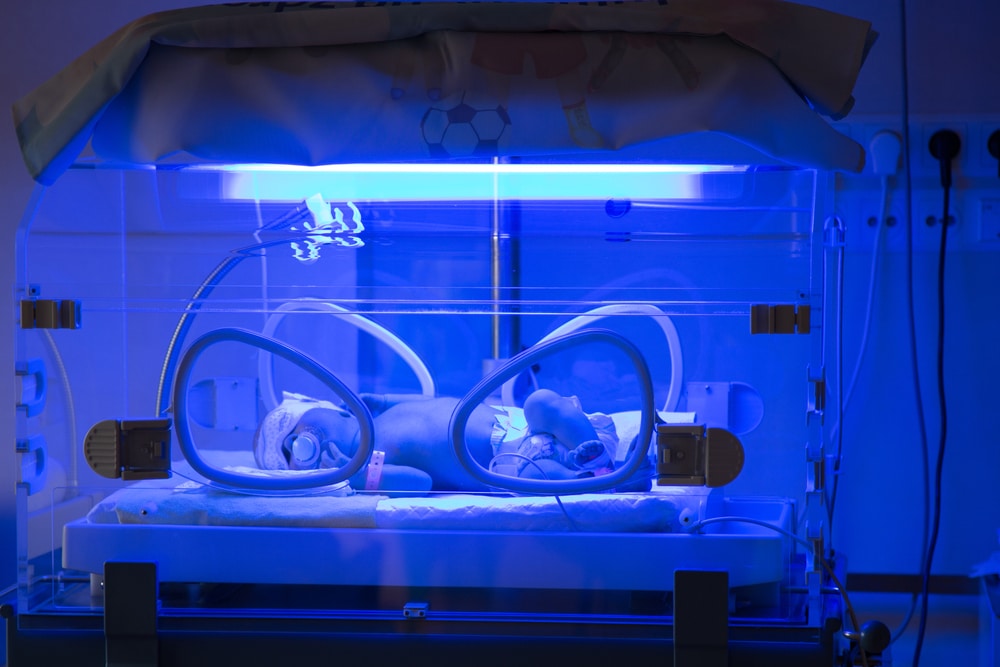Necrotizing enterocolitis (NEC) is a life-threatening gastrointestinal condition predominantly affecting premature infants. Although its exact cause is not fully understood, NEC is often linked to infant formula feeding and is a significant concern for parents, healthcare providers, and manufacturers alike. Abbott Laboratories, the maker of Similac, and Mead Johnson, the manufacturer of Enfamil, are industry leaders in the infant formula market. This article delves into the prevalence of NEC among premature babies, the profits of these formula giants, and the ethical responsibilities that these companies bear.
NEC: A Critical Concern for Premature Babies
Approximately 1 in 10 babies is born prematurely, defined as birth before 37 weeks of gestation. These infants are at an increased risk for various health complications, including NEC. The condition manifests as inflammation and can lead to the death of intestinal tissue, severe infection, and even mortality. The most effective treatment is often surgery to remove the affected sections of the intestine, but the condition remains perilous, with a survival rate of around 70-80%.
The Role of Infant Formula
While breast milk is generally considered the safest form of nutrition for infants, especially preterm ones, not all mothers can provide this. Formula feeding becomes the alternative, yet its association with a higher risk of NEC is a subject of ongoing research. Both Similac and Enfamil have specially designed formulas for premature babies, but concerns persist about their suitability for this vulnerable population.
Abbott Laboratories and Similac: A Profitable Venture
Abbott Laboratories reported revenues of nearly $40 billion in 2021, with nutrition, including infant formulas like Similac, being one of its most profitable sectors. The company heavily invests in research and development, aiming to produce formulas that are as close to breast milk as possible. However, the persistent incidences of NEC among formula-fed premature babies raise questions about the adequacy of these formulas and the need for continued scrutiny.
Mead Johnson and Enfamil: Leading the Market
Mead Johnson, owned by Reckitt Benckiser since 2017, is another heavyweight in the infant nutrition market. Its flagship product, Enfamil, has been a trusted brand for years. The company also reported substantial profits, signaling strong consumer trust. Yet, like Abbott, Mead Johnson faces ethical questions concerning NEC and its formulas designed for premature babies.
A Call for Transparency and Warning Labels
The Food and Drug Administration (FDA) oversees infant formula regulations in the United States, ensuring that they meet specific nutritional requirements. However, these formulas are not subject to the rigorous pre-market approval that other food and medical products undergo. Critics argue that this lighter regulation makes it imperative for companies like Abbott and Mead Johnson to self-impose stringent standards, especially given the potential risks their products pose to premature infants.
The responsibility extends to labeling and consumer information. Despite ongoing research, there is no mandated warning label on Similac or Enfamil products explicitly indicating the potential risk of NEC in premature infants. Consumer advocacy groups argue that such labels would better inform parents and healthcare providers, allowing them to make more educated feeding choices.
Balancing Profits and Ethical Responsibility
While it is understandable that companies like Abbott and Mead Johnson aim for profitability, they also have an ethical responsibility to minimize risks associated with their products. More transparent labeling and investment in research for safer formulas for premature infants are not just ethical imperatives but could also avert potential legal challenges and protect long-term profitability.
The Road Ahead
The discussion surrounding NEC and infant formulas like Similac and Enfamil is far from over. With millions of premature babies born each year globally and significant revenues at stake, Abbott Laboratories and Mead Johnson are in a critical position to influence the narrative positively. The key lies in balancing corporate interests with ethical responsibilities.
Transparent warning labels, continued investment in research to reduce NEC risks, and open communication with the medical community are steps that can help these companies maintain consumer trust while promoting the health of one of society’s most vulnerable populations: premature infants.




